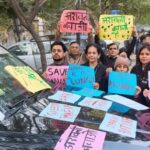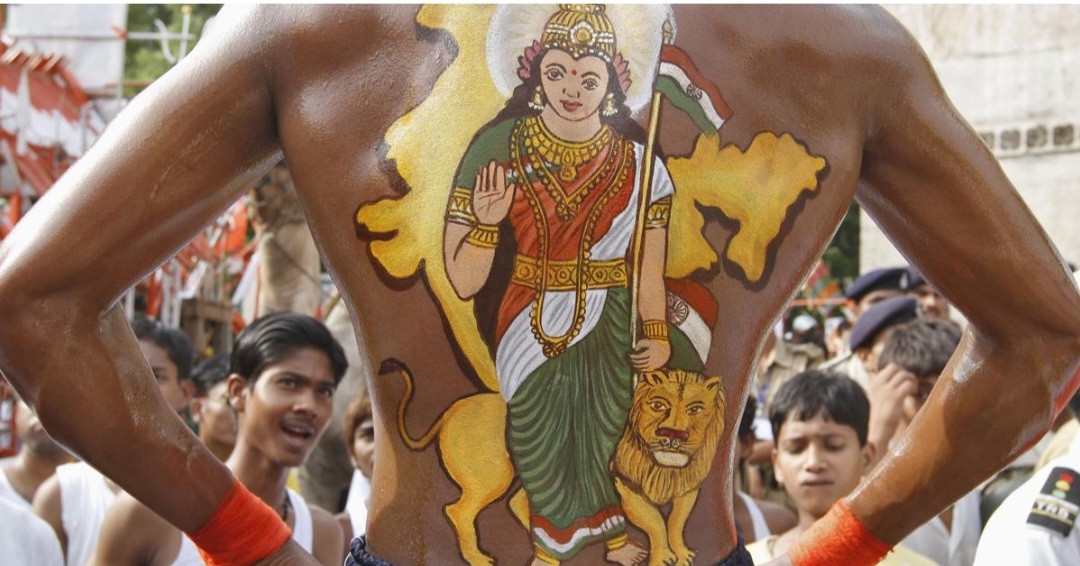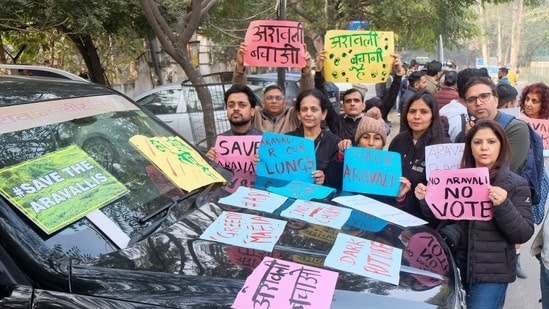Himalaya Harbinger, National Bureau.
In a comprehensive analysis of India’s socio-economic landscape under Prime Minister Narendra Modi’s decade-long tenure, several critical challenges have come to the forefront, demanding urgent attention from the nation’s polity. The assessment, published by prominent economist Ashoka Mody, underscores a “cataclysmic regression” in employment, with 70 million Indians turning to unproductive segments of agriculture for work. Despite a decline in absolute poverty, income inequality persists, prompting the government to provide free grain rations to 800 million citizens over the next five years.
The Global Hunger Index for 2023 ranked India at a concerning 111 among 125 countries, prompting introspection on the nation’s policies. The stark contrast in development indices among South Asian neighbors, notably Sri Lanka, Maldives, Bhutan, and Bangladesh, outpacing India on the Human Development Index, highlights the need for a reevaluation of governance strategies.
Moreover, the Modi government’s handling of key sectors like agriculture and industry faces scrutiny, with persistent farmer agitations and the struggling micro, small, and medium enterprises (MSMEs) sector still reeling from the repercussions of demonetization and COVID-19 lockdowns.
Geopolitically, India’s regional ambitions are stymied by strained relations with neighboring countries, particularly Pakistan. The Wagah-Attari transit point remains underutilized, hindering potential economic growth through regional trade integration. Analysts emphasize that easing tensions and fostering regional cooperation could significantly boost India’s GDP and position in the global arena.
Commenting on India’s aspirations for a permanent seat in the United Nations Security Council, experts emphasize the necessity of amicable relations with neighboring countries, including Pakistan. To achieve this, India must recalibrate its approach from regional dominance to collaborative regionalism.
However, the Modi government’s track record in regional cooperation, notably its handling of the South Asian Association for Regional Cooperation (SAARC), has drawn criticism. By sidelining SAARC in favor of alternative groupings like BIMSTEC, India risks undermining its own regional aspirations.
The article also sheds light on the erosion of civil liberties and democratic values under the current administration. The crackdown on academia and civil society has stifled dissent and curtailed freedom of expression, raising concerns about the future of democracy in India.
Furthermore, the politicization of faith-based populism has deepened societal divisions and weakened institutional checks and balances. The recent controversies surrounding electoral integrity and the persecution of political opponents underscore the challenges facing India’s federal democracy.
In conclusion, the article emphasizes the imperative for a paradigm shift in governance, prioritizing inclusivity, regional cooperation, and respect for democratic principles. Whether India chooses the path of demagoguery or democracy will be determined by the outcome of the upcoming general elections in 2024.









